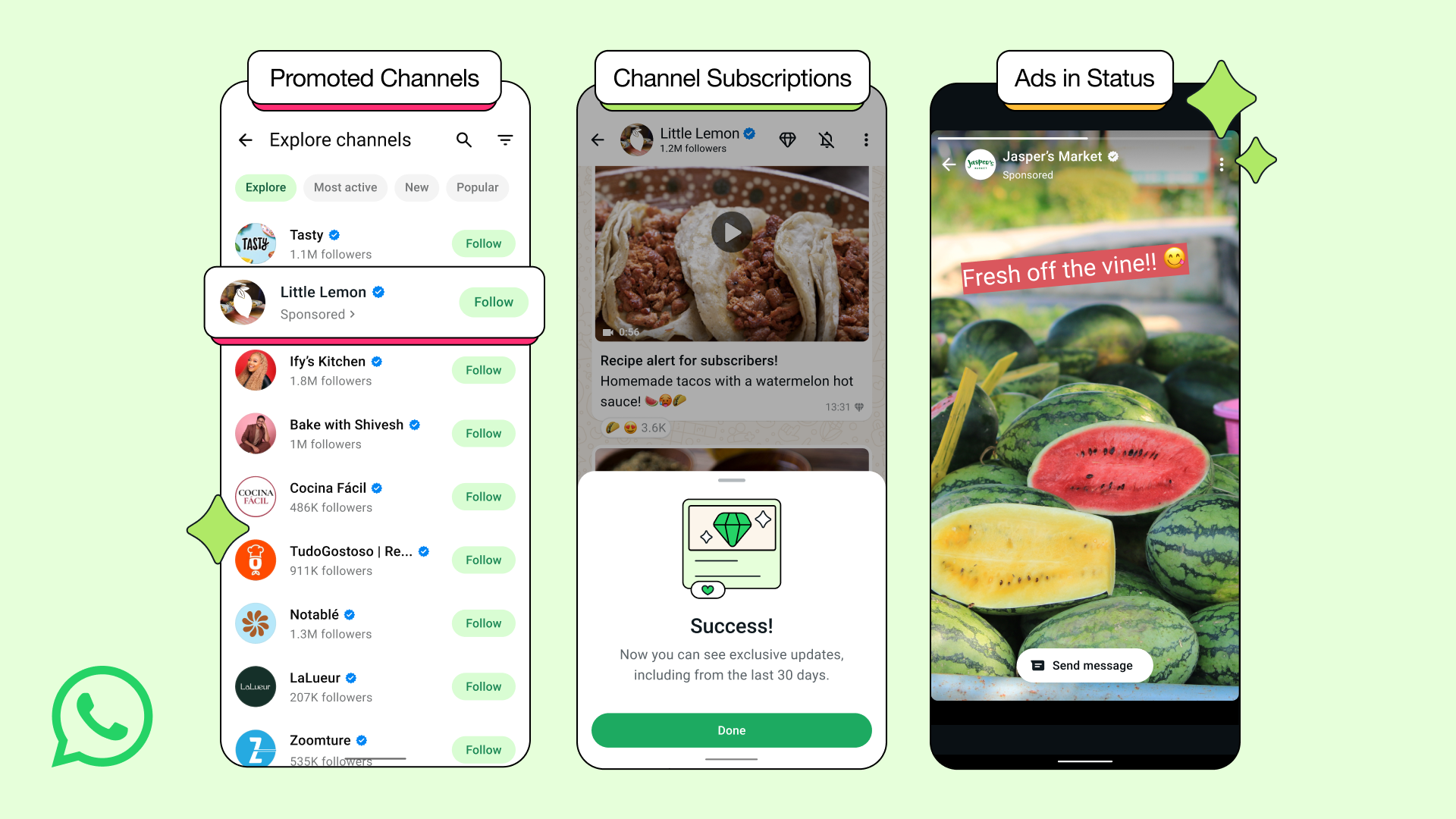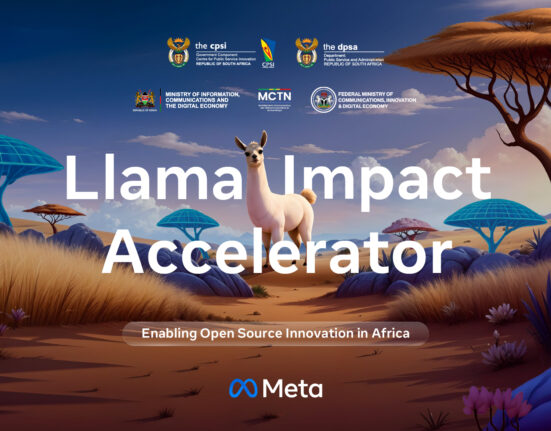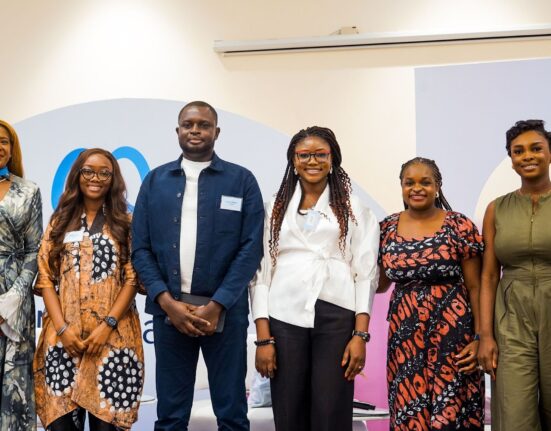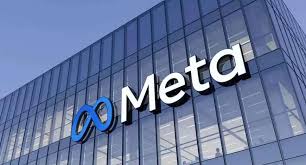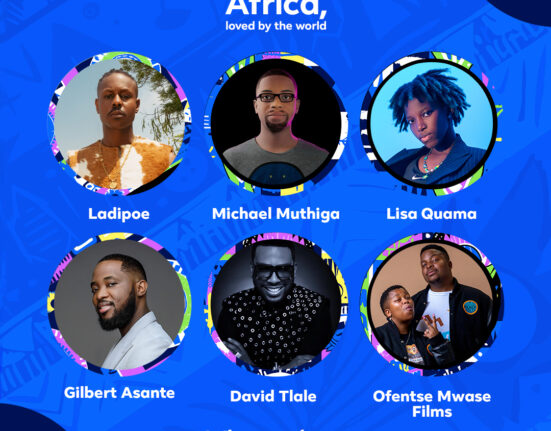Meta is introducing a major wave of monetization features to WhatsApp globally, marking a strategic shift in how the world’s most popular messaging app supports businesses, creators, and content discoverability—without disrupting private chats. The new features, announced on Meta’s official blog, are centered in the app’s Updates tab, home to Status and Channels, and are already used by over 1.5 billion people daily.
For Nigerian creators, businesses, and online communities increasingly relying on WhatsApp to reach audiences, this presents a powerful opportunity to grow visibility and generate revenue.
Three Major Changes Rolling Out
- Channel Subscriptions
Users will now be able to subscribe to exclusive content from their favorite Channels for a monthly fee. For Nigerian influencers, media brands, and online communities—from lifestyle bloggers in Lekki to news curators in Abuja—this opens up a new revenue stream directly within WhatsApp. - Promoted Channels
WhatsApp will begin surfacing Promoted Channels within the Channel directory to help users discover new content. For Nigerian Channel admins who often struggle with organic reach, this provides a long-awaited visibility boost, enabling them to reach wider audiences across the country and beyond. - Ads in Status
Perhaps the biggest shift: WhatsApp will begin showing ads in the Status section, allowing users to engage directly with businesses promoting products and services. For SMEs and digital marketers in Nigeria, this brings native advertising to where local audiences are already active, without leaving the app.
Built with Privacy at Its Core
Meta emphasized that these monetization tools will exist only in the Updates tab and will not affect personal chats. All messages, calls, and statuses shared privately remain end-to-end encrypted.
To determine which ads users see, WhatsApp will use limited data such as a user’s city, language, and followed Channels. For Nigerians who’ve linked their WhatsApp to Meta’s Accounts Center (which connects Facebook and Instagram), preferences from those platforms may also inform what ads are shown. However, Meta stressed that phone numbers will never be shared or sold to advertisers, and private communications will not influence ad targeting.
What This Means for Nigeria
In a mobile-first economy like Nigeria—where WhatsApp is often the default platform for marketing, community building, and commerce—this rollout signals a new era. Whether it’s a local food vendor in Yaba or a tech education channel in Jos, creators and SMEs now have tools to monetize their content and amplify their reach without needing a separate website or storefront.
As Meta looks to deepen business engagement on WhatsApp, Nigerian digital entrepreneurs have a unique window to tap into these features early, positioning themselves as leaders on the evolving platform.
For those interested in activating these tools, Meta notes that additional information for admins and businesses will be made available in the coming weeks.


 ">
"> 



